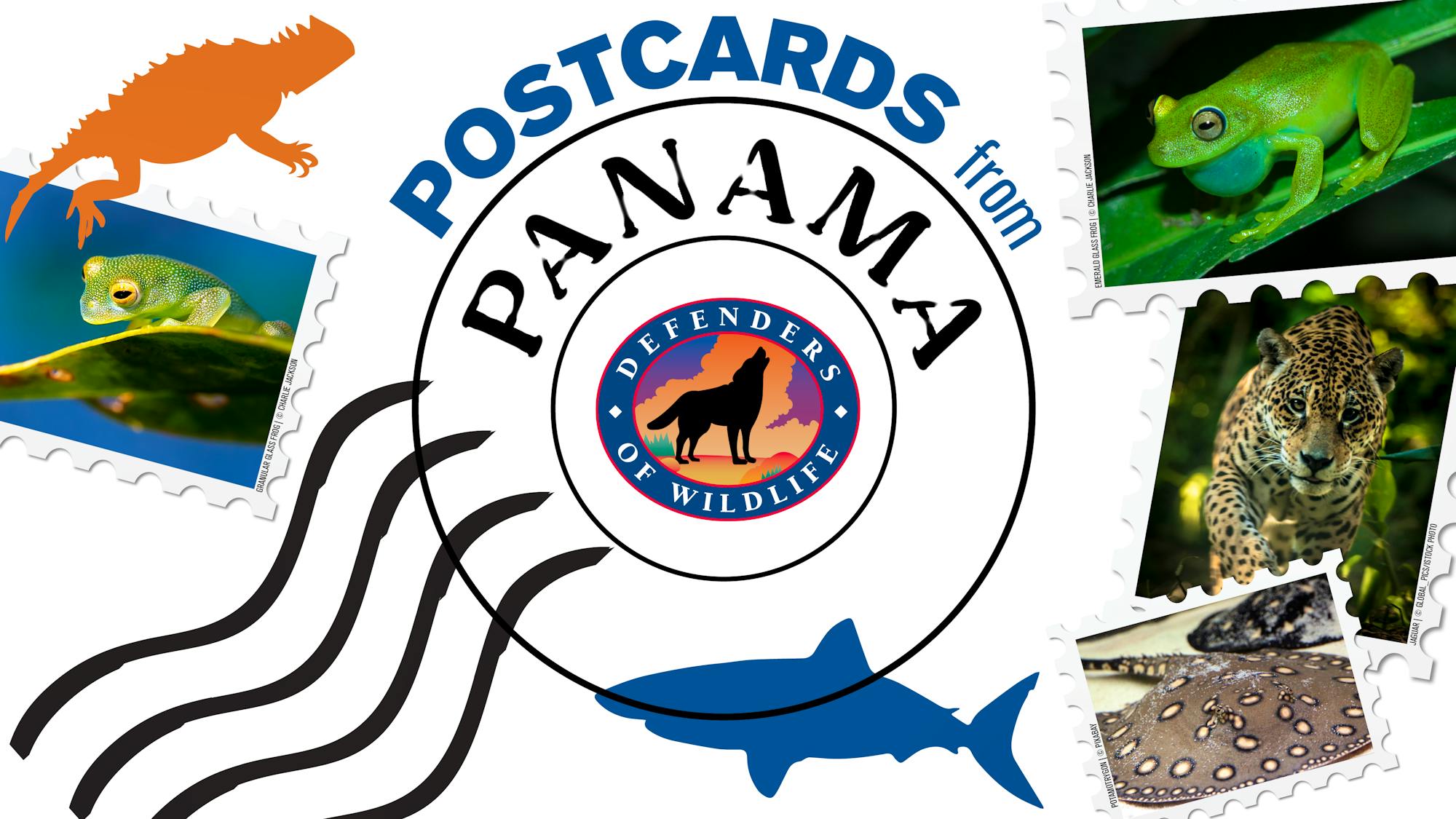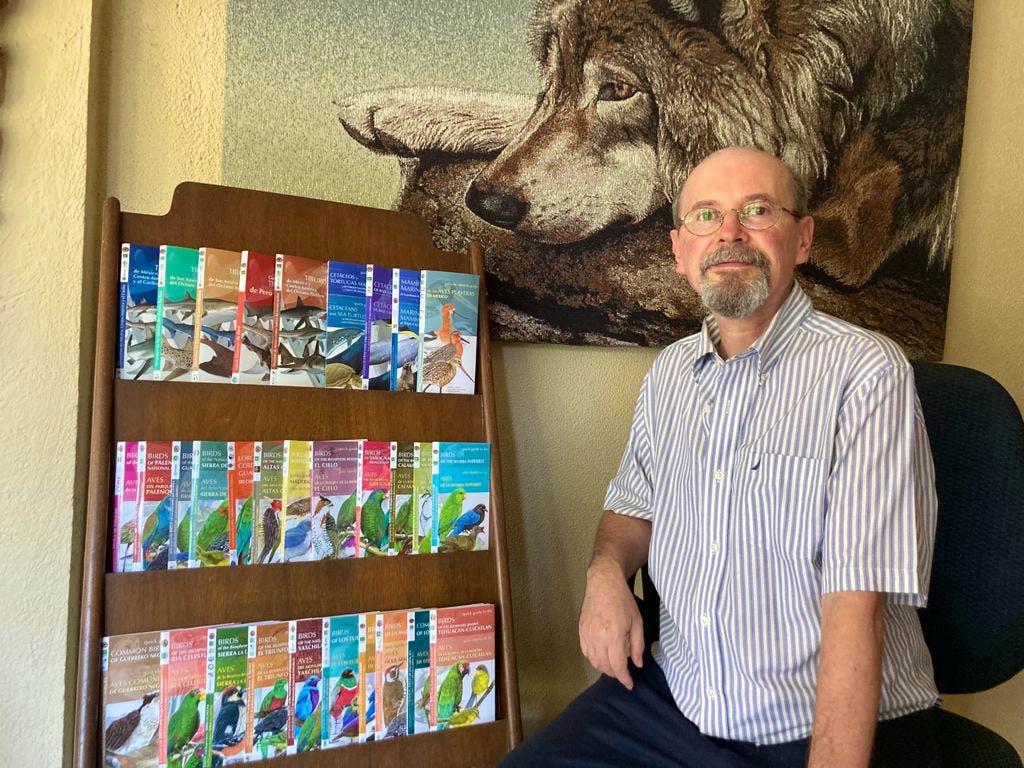At Defenders of Wildlife, facilitating balanced and sustainable coexistence between our planet’s incredible wildlife and our diverse global societies is our top priority.
We stand firm in our convictions to speak up for increased protections for imperiled species and push for strong global policies that will promote the foundation of life itself, biodiversity.
For the next two weeks, Defenders of Wildlife’s passionate team of international lawyers and advocates are in Panama for the 19th Conference of the Parties (COP19) to the Convention on International Trade in Endangered Species, called CITES for short.
This convention is a legally binding international agreement that regulates the international trade in wildlife and plants so that overexploitation (one of the five drivers of the biodiversity crisis) does not push them to extinction. With 184 parties or countries participating, including the United States, there are now more than 37,000 species that receive protections.
One of the main reasons we are here is to support countries, particularly those from Latin America, like our close partners in Costa Rica and Mexico, in their effort to get their proposals to tighten the regulation of trade in species adopted at this week’s conference. Advocacy at these meetings can be stressful and high stakes work as many countries and pro-trade groups vehemently oppose proposals that could interfere with their current practices, such as trading in shark fins, logging, hunting or collection for the pet trade. With both the climate and biodiversity crises threatening global ecosystems and putting up to one million species at risk of extinction in the near future, this year’s conference is of utmost importance.
The Defenders of Wildlife Team
Alejandra Goyenechea is Defenders of Wildlife’s senior international counsel and a veteran of CITES. She has helped get many proposals across the finish line, especially amphibians and marine animals like sharks and rays. She’s an expert in international wildlife conservation and wildlife trafficking policy and was a Fulbright scholar.
Orion Cruz is a lawyer working as an international associate for Defenders of Wildlife. He has worked in the U.S. and abroad and focuses on international environmental law and policy, particularly as it relates to Latin America. Prior to joining Defenders, he served as the legal counsel to the Ministry of Natural Resources, Environment, and Tourism in the Republic of Palau.
With more than two decades working at Defenders of Wildlife at our office in Mexico, Juan Carlos Cantu has helped get the highest CITES protections for many species of endangered parrots, reptiles, sea turtles, neotropical trees and sharks, and helps run a reintroduction program for scarlet macaws. Additionally, he is an expert in wildlife trafficking, parrot conservation and wildlife law.
Our international team has spent an enormous amount of time over the last year leading up to COP19 supporting countries seeking to leverage CITES to protect their invaluable biodiversity. They’ve engaged with Latin American countries and with policymakers from the United States to generate support for proposals, such as those covering freshwater stingrays and desert horned lizards.
CITES COP19 runs through November 25. Over the course of the conference, our communications and social media staff will be supporting these three in their work, sharing frequent updates and positions through our “Postcards from Panama” blog, press releases, side events at the conference with our NGO partners and other allies, as well as video analysis and photos to educate the public and promote proposals we support throughout the negotiations.
We will be tracking the proposals for hundreds of species and advocating for their passage by the full body of parties at the end of the convention; however, in particular we will be putting our weight behind the proposals to list the full family of glass frogs, the full family of requiem sharks, aquatic turtles, horned lizards, freshwater stingrays and neotropical trees, which play an outsized role in supporting biodiverse rainforest ecosystems.
Keep an eye out for all this content, ask any questions you like and, as ever, we appreciate your support and interest as we defend wildlife from Panama.








